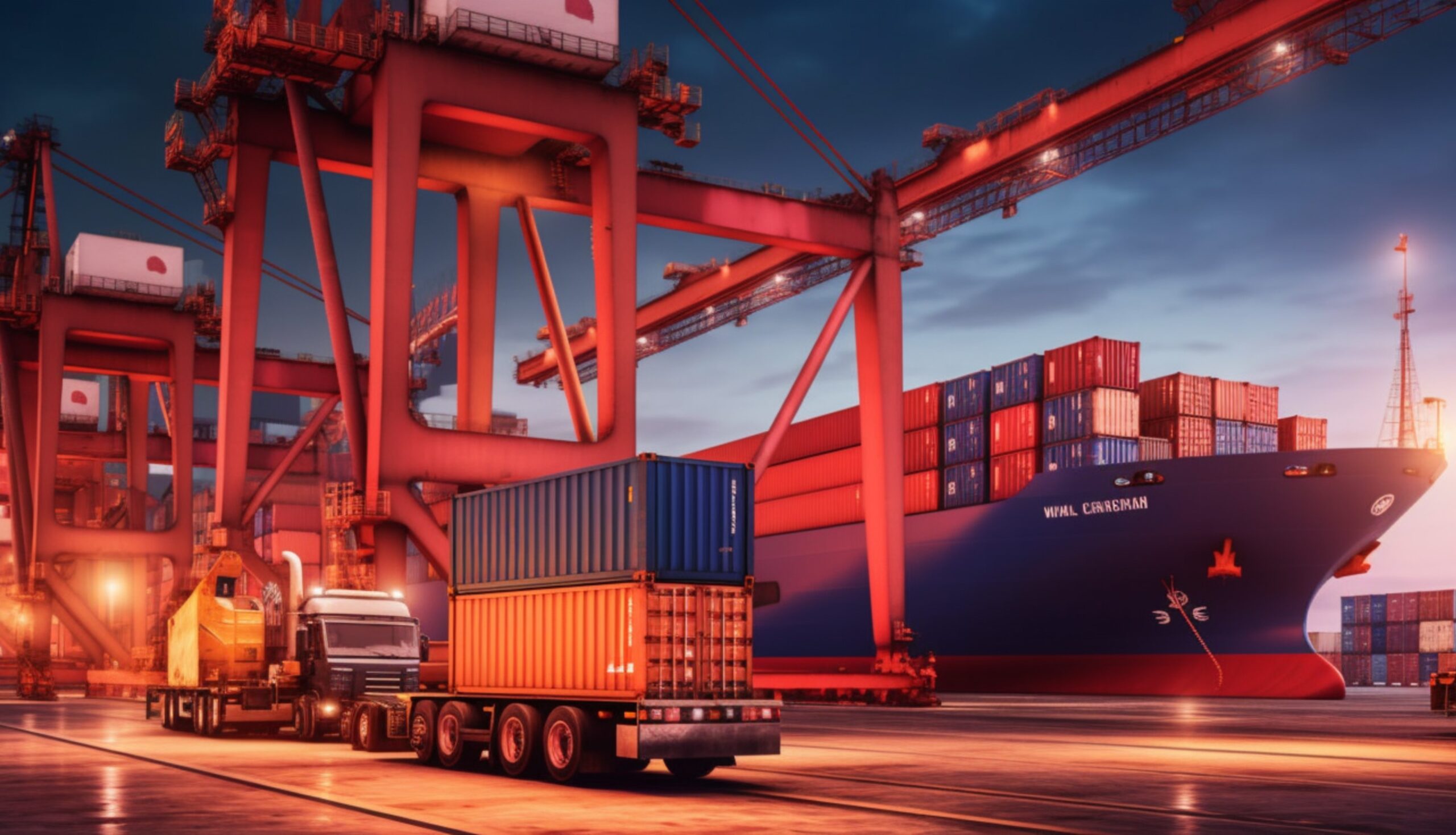How Freight Forwarders Work
International trade is the lifeblood of the global economy, enabling businesses to source materials and deliver finished products across continents. However, navigating the complexities of international logistics can be a daunting task. This blog delves into the essential role of freight forwarding and how they work in streamlining the movement of goods to ensure a successful international trade experience.
Understanding Freight Forwarders
Freight forwarders act as intermediaries between shippers and transportation providers, orchestrating the efficient movement of cargo from origin to destination. They do not own the ships, airplanes, or trucks used for transport; instead, they leverage their expertise and established relationships to secure optimal transportation options and navigate the intricacies of international trade regulations.
The Freight Forwarding Process
1. Initial Contact and Planning:
The process begins with a shipper contacting a freight forwarder. The shipper provides details about the goods (type, weight, dimensions) and desired delivery timeline.
2. Tailored Transportation Solutions:
Based on the shipment’s characteristics and the desired delivery timeframe, the freight forwarder analyzes various transportation options:
- Air Freight: Offers the fastest transit times but is typically the most expensive option, suited for high-value or time-sensitive cargo.
- Ocean Freight: The most cost-effective option for large shipments, ideal for bulk goods that can tolerate longer transit times.
- Road Freight: Efficient for regional deliveries within a country or for shorter international distances.
- Multimodal Transport: In some cases, a combination of these modes might be employed for optimal efficiency, such as using ocean freight for the long haul and then road transport for final delivery.
3. Documentation and Regulatory Compliance:
International trade is governed by a complex web of customs regulations. The freight forwarder, often collaborating with customs brokers, ensures that all necessary documentation is completed accurately and in accordance with the relevant regulations. This typically includes commercial invoices, packing lists, certificates of origin, and potentially import/export licenses.
4. Pre-Carriage Activities:
The forwarder arranges for the pickup of goods from the shipper’s origin location. In some instances, this might involve inland transportation to a consolidation warehouse, where multiple smaller shipments are combined into larger containers for cost-effective ocean freight.
5. Cargo Space Booking and Negotiation:
Once all documentation is prepared and pre-carriage activities are complete, the freight forwarder negotiates rates and books space on the chosen mode of transport. Their established relationships with carriers often allow them to secure more competitive rates for their clients.
6. Customs Clearance and Facilitation:
Upon arrival at the destination port, the freight forwarder facilitates customs clearance. This involves presenting the necessary documentation to customs authorities for inspection and ensuring the payment of any applicable duties or taxes.
7. Onward Movement and Final Delivery:
Once cleared by customs, the goods are transported to their final destination. This might involve further inland trucking or warehousing depending on the agreed-upon incoterms (international commercial terms) with the buyer.
8. Communication and Visibility:
Throughout the entire process, the freight forwarder maintains open communication with the shipper, providing updates on the shipment’s status through tracking tools and regular communication channels.
The Benefits of Utilizing Freight Forwarding Services
- Expertise and Knowledge: Freight forwarders possess in-depth knowledge of international trade regulations, customs procedures, and the nuances of global logistics, ensuring a smooth and compliant shipping process.
- Cost Optimization: Their experience and volume leverage allow them to negotiate competitive rates with carriers, potentially leading to cost savings for the shipper.
- Streamlined Efficiency: Freight forwarders manage the entire shipping process, saving shippers time and resources while ensuring efficient customs clearance and timely delivery.
- Risk Mitigation: They can identify and mitigate potential risks associated with international shipping, such as delays, damaged goods, or unexpected customs complications.
- Patang – Digital solutions for freight forwarders Patang is a leading digital freight forwarding platform that empowers freight forwarders with a suite of innovative tools to streamline shipment management, improve visibility, and enhance customer experience. Get in touch with us today to understand the best platform for your forwarding needs!


